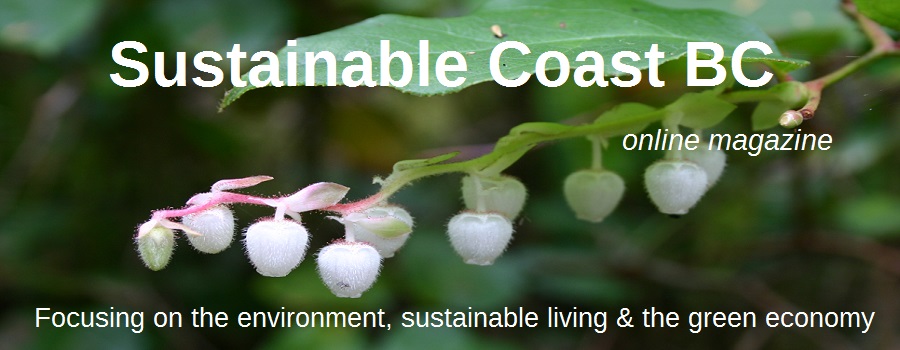News
The Wilderness Committee is reiterating its concerns over Kinder Morgan’s proposed Trans Mountain tar sands pipeline, after an announcement today that the company has filed its formal application with the National Energy Board (NEB).
The proposed pipeline from Edmonton, Alberta to Burnaby, BC has been met with increasing opposition from First Nations, environmentalists and community leaders along the route, whose concerns range from the threat of an oil spill to the impact of tar sands exports on global climate change.
“The message we‘ve been hearing from communities along the pipeline and tanker route is that this project is not wanted. First Nations, municipal leaders and even businesses have acknowledged the serious risks associated with the proposal, which would drastically increase tar sands exports from BC’s coast,” said Wilderness Committee Policy Director Gwen Barlee.
In its 15,000-page application, the company repeatedly refers to the proposed project as a “twinning” of the existing Trans Mountain pipeline, which has been in operation since the 1950s. However, large portions of the proposed route differ substantially from the existing one, and the proposal still requires the construction of a completely new pipeline meant for export rather than domestic use.
The Wilderness Committee has been very active in the campaign to stop this project, holding a series of town hall meetings over the past two years to connect with communities that will be most affected by the pipeline, and the 400 or more tankers it would bring to the Salish Sea and Burrard Inlet.
"The risks that this pipeline and the associated tankers pose to the Salish Sea are just not worth taking," said Vancouver Island Campaigner Torrance Coste. "Whether it’s in the form of a catastrophic spill, or through its contribution to carbon emissions and climate change, this project will have serious negative impacts in the region.”
Now that the project has entered the official application phase, a public hearing process will follow in the coming year. Unfortunately, because of new rules around environmental assessments in Canada, members of the public must complete an application in order to participate. The right to participate will only be granted to those who are considered to be “directly affected”, or who are deemed to possess “relevant information or expertise”.
When asked if she thought Sunshine Coast community members would be able to participate in the public hearing process, Barlee stated, "Right now it is a guessing game regarding who is "directly affected," but from sources we have spoken with, we don't believe that Sunshine Coast community members would be considered "directly affected" from the pipeline, even though of course they would be impacted by an oil spill."
